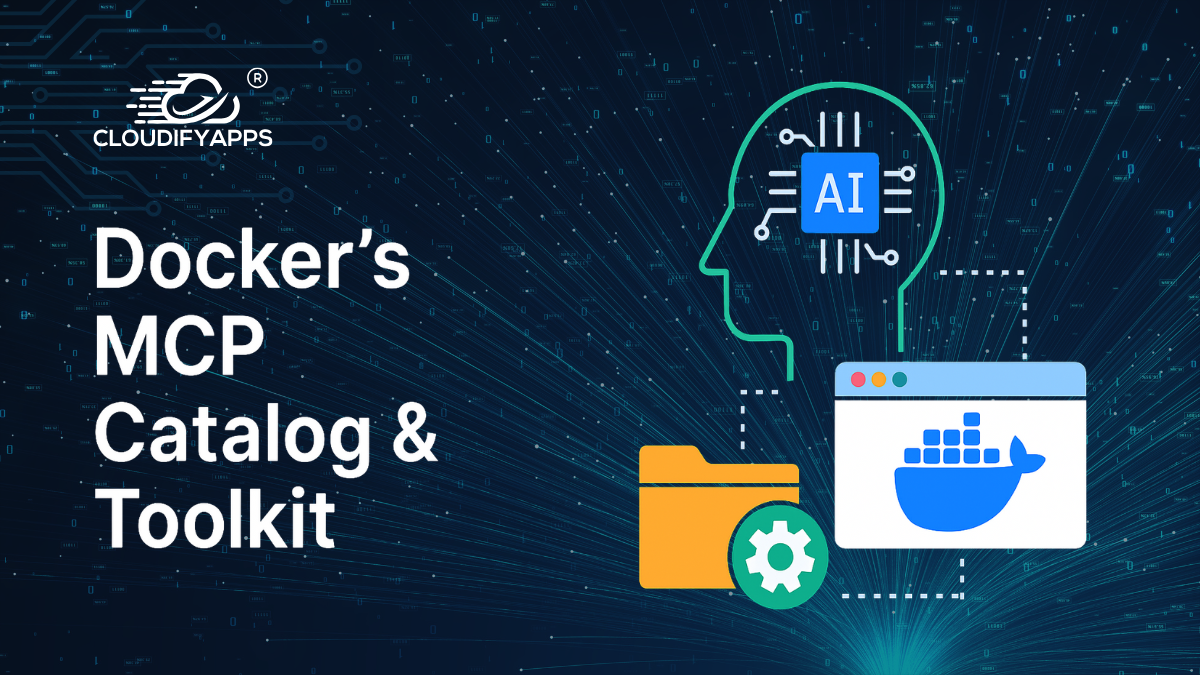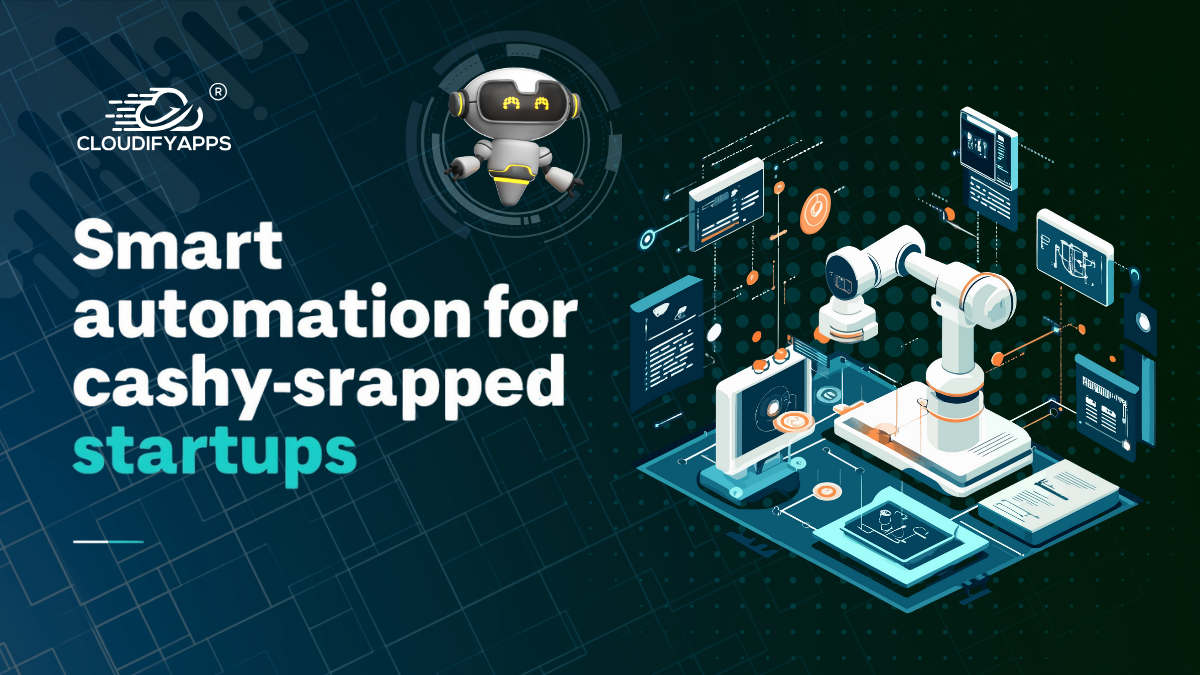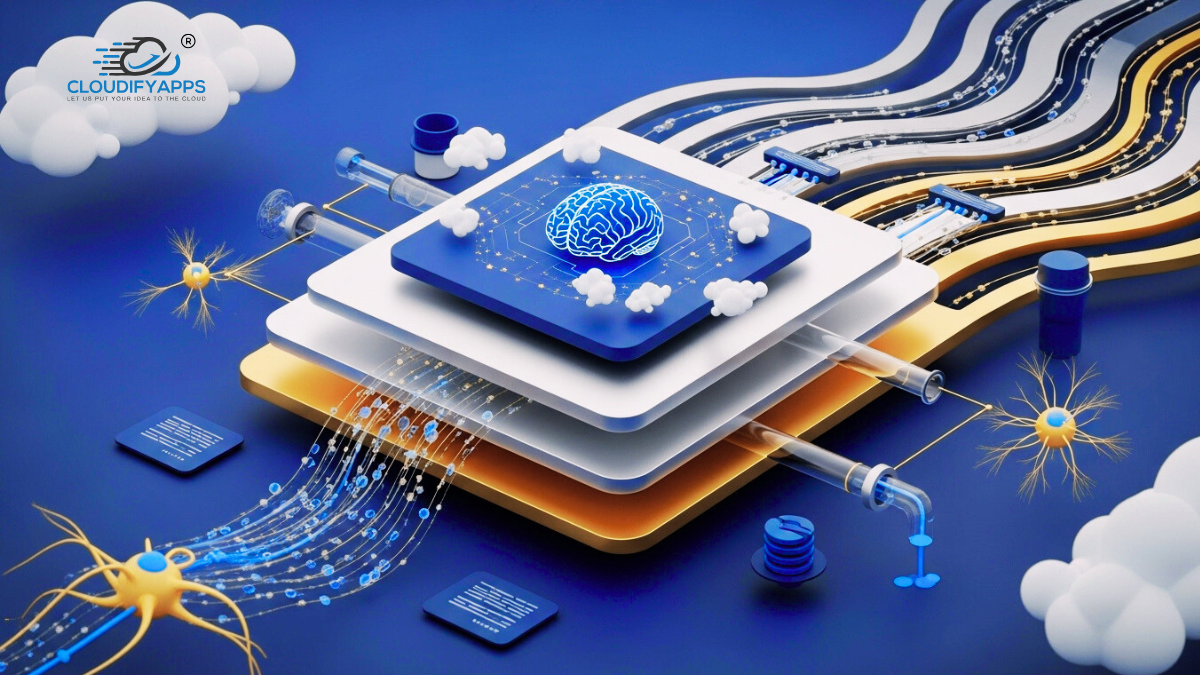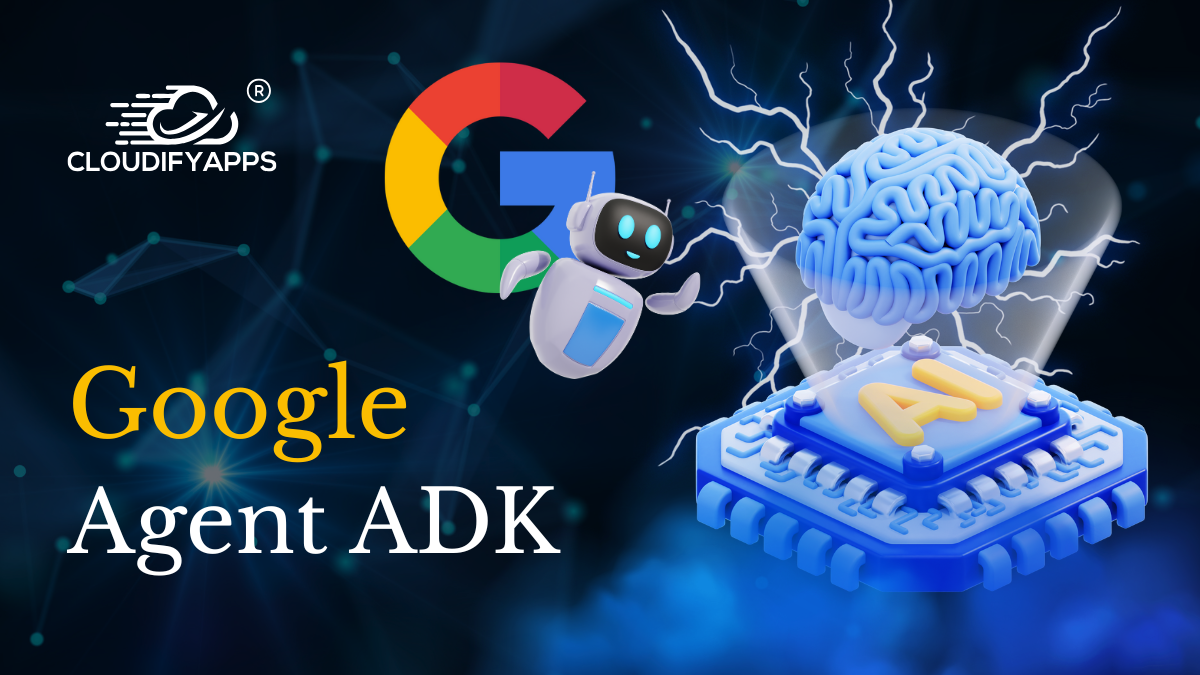
Accelerating AI-Driven Development with Docker’s MCP Catalog & Toolkit
Artificial Intelligence (AI) is rapidly reshaping the way modern software applications are built, deployed, and scaled. But with AI's power comes increased complexity. Developers now face a major challenge: integrating intelligent systems with multiple external tools, APIs, and services securely and efficiently. To tackle this, Docker has introduced a game-changing solution — the MCP Catalog & Toolkit.
What is MCP?
MCP stands for Model Context Protocol, a framework designed to help AI agents interact with external systems in a standardized, secure, and scalable manner. Whether you’re integrating a large language model with a payment system, database, or third-party API, MCP offers a structured way to connect these dots.
Docker’s MCP initiative includes two core offerings:
- MCP Catalog: A growing registry of trusted, containerized tools (also called "skills" or "connectors") that AI agents can use to interact with real-world systems.
- MCP Toolkit: A set of tools for developers to build, manage, and deploy MCP-compliant containers with ease.
Together, they help accelerate the development of powerful, production-ready AI systems.
Why Does It Matter?
Today, building an AI-powered application involves more than just a good model. You need:
- External tool integrations (e.g., databases, APIs, webhooks)
- Secure credential management
- Standardized deployment environments
- Scalable infrastructure
Without the right tooling, developers spend weeks writing boilerplate code, configuring services, and debugging environment mismatches. Docker's MCP approach eliminates much of this friction.
Key Benefits of Docker's MCP Catalog & Toolkit
1. Fast AI Tool Integration
Docker MCP Catalog offers pre-built, vetted containers that provide AI agents with capabilities like:
- Reading/writing from databases
- Accessing CRM data
- Posting to Slack or Discord
- Processing payments
You simply plug them into your app like LEGO blocks. No need to reinvent integrations.
2. Security and Governance Built-in
The MCP Toolkit ensures tools run with proper authentication, secret management, and isolation. Sensitive data (API keys, credentials) are handled securely, and you can define access policies per container.
3. Scalable and Reproducible Architecture
Every connector/tool is containerized, which means your AI app can scale effortlessly using modern orchestration (e.g., Kubernetes, Docker Swarm). It also means identical behavior in dev, staging, and production.
4. Empowering Agentic AI Systems
As agent-based AI gains popularity (e.g., autonomous agents that execute workflows), these agents need reliable tools to complete tasks. MCP tools are the building blocks that let agents interact with the outside world in a predictable way.
How Cloudifyapps Leverages Docker MCP
At Cloudifyapps, we specialize in building modern, AI-driven applications and platforms. By adopting Docker’s MCP Catalog & Toolkit, we enable our clients to:
- Speed up time-to-market: Use pre-built MCP tools to integrate with essential services in hours, not weeks.
- Increase reliability: Dockerized tools reduce bugs and inconsistencies across environments.
- Ensure security compliance: Our solutions handle secrets and permissions using Docker’s trusted security model.
- Scale confidently: We deploy MCP tools alongside core AI services in scalable clusters, ensuring your product grows with demand.
Whether you're a startup building your first AI product or an enterprise looking to modernize operations with AI workflows, Cloudifyapps helps you do it faster, smarter, and safer.
Real-World Use Case
Scenario: A SaaS company wants to offer AI-driven customer support automation. Their AI agent needs access to:
- User account data (via CRM API)
- Order status (via internal database)
- Escalation workflows (via Slack or Zendesk)
Solution with MCP:
- Pull CRM, database, and Slack connectors from MCP Catalog
- Deploy via MCP Toolkit with secure secrets
- Configure permissions per container
- Connect the AI agent to these tools using Docker’s protocols
Result: A production-ready, secure AI assistant capable of executing real support actions in days.
The Future of AI Tooling is Modular
The shift toward modular, agentic AI is clear. As more organizations embrace autonomous agents and AI copilots, the need for standardized, plug-and-play tools will only grow. Docker’s MCP Catalog & Toolkit bring much-needed structure, trust, and speed to this space.
Cloudifyapps is proud to be an early adopter and implementation partner for MCP-based AI systems. We see it as the natural evolution of modern software development: fast, containerized, secure, and intelligent.
Final Thoughts
If you're building AI-native apps and want to reduce integration time, improve scalability, and enhance security, Docker’s MCP Catalog & Toolkit is the way forward. And with Cloudifyapps by your side, you get a strategic partner that helps you harness the full potential of MCP with confidence.
Ready to build smarter with MCP?
Contact Cloudifyapps today to get started.
Popular Tags
Recent Posts
Smart automation for cash-strapped startups
The modern data trinity: How medallion architecture, RAG, and data lakes revolutionize enterprise intelligence
Accelerating AI-Driven Development with Docker’s MCP Catalog & Toolkit
Building Intelligent Agent Teams with Google's ADK: A Developer's Guide
We are at






















